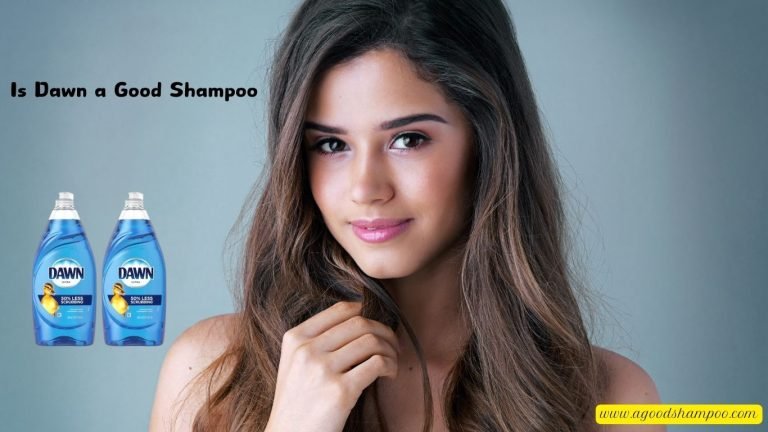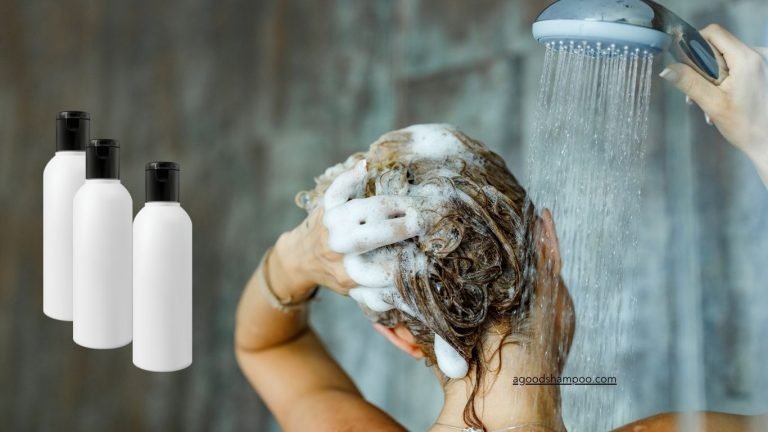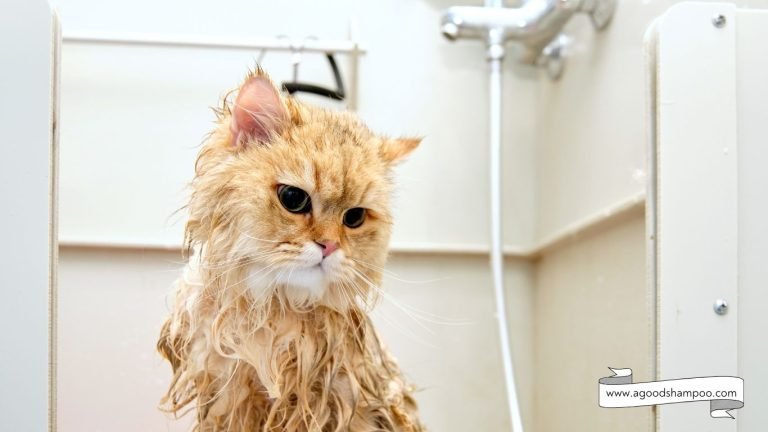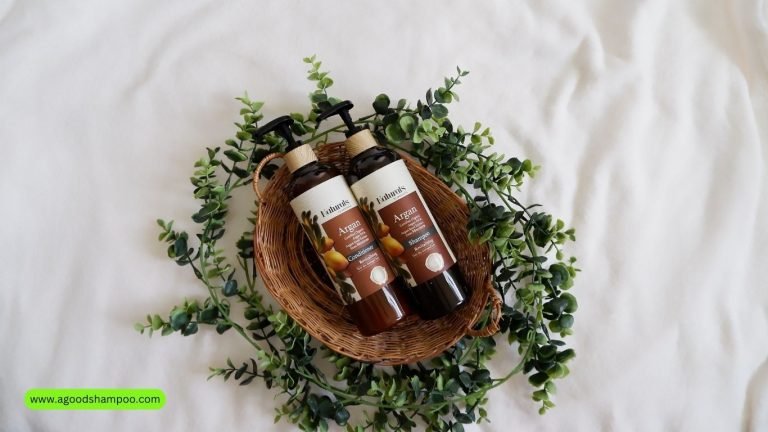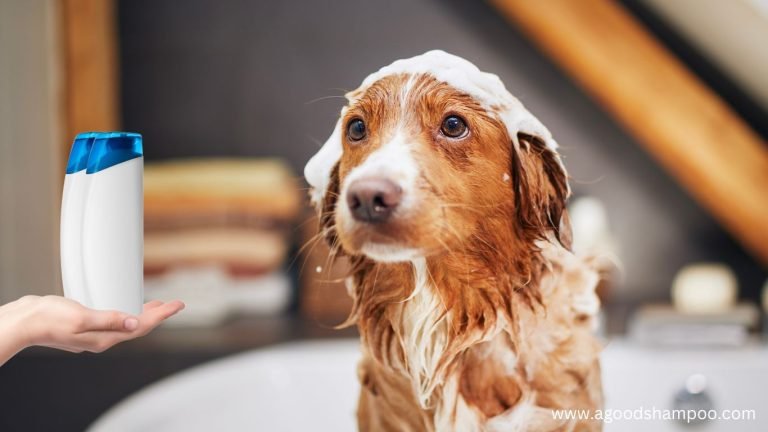What Kind of Shampoo Is Good for Re-Growth? Expert Truths You Should Know
 Losing hair isn’t just about losing strands. It feels like pieces of your confidence are slipping down the drain every time you shower. I’ve seen it firsthand, clients sitting in my salon chair, twisting broken pieces of hair in their fingers, asking me if there’s a shampoo that can really bring it back. Some were frustrated, others nearly in tears, because they felt like they were running out of options.
Losing hair isn’t just about losing strands. It feels like pieces of your confidence are slipping down the drain every time you shower. I’ve seen it firsthand, clients sitting in my salon chair, twisting broken pieces of hair in their fingers, asking me if there’s a shampoo that can really bring it back. Some were frustrated, others nearly in tears, because they felt like they were running out of options.
So if you’re here typing into Google, “what kind of shampoo is good for re-growth,” I get it. You’re tired of miracle claims, tired of spending money on bottles that don’t deliver, tired of wondering if this is just your new reality.
Here’s the truth, shampoo can help, but not in the “wake up tomorrow with Rapunzel hair” kind of way. It’s not magic. But the right shampoo can absolutely make a difference in creating the healthiest possible scalp environment, one that encourages growth, slows shedding, and keeps the hair you do have strong and shiny.
I’ll break it down for you: the science, the myths, the ingredients that matter, and even my own tested favorites. Think of me less like an internet stranger and more like the friend who’s obsessed with reading product labels and bugging dermatologists with too many questions.
Can Shampoo Really Regrow Hair?
Here’s the blunt part: shampoo alone isn’t going to regrow hair where follicles are completely dead. If the scalp has stopped producing, no shampoo is going to flip that switch back on.
But don’t tune out just yet, because that’s only part of the story. What a good shampoo can do is:
Stimulate your scalp so blood flow is improved and follicles are nourished.
Reduce inflammation that might be suffocating your roots.
Clear buildup (oil, dirt, styling products, dead skin) so follicles aren’t blocked.
Deliver active ingredients like caffeine or ketoconazole right where they’re needed.
Think of it like gardening. If the soil is dry, compacted, and full of weeds, nothing’s going to grow. But if you water it, loosen it up, and give it nutrients? Plants can thrive. Your scalp is the soil. Shampoo is the water and fertilizer.
That’s why dermatologists and trichologists often recommend using a supportive shampoo alongside other proven treatments like minoxidil or finasteride. It’s part of the full picture.

Ingredients That Actually Matter
Not all shampoos are created equal. Some are nothing more than fancy-smelling soaps. Others actually contain ingredients that research shows can support growth or reduce shedding. Here’s where it gets interesting.
Biotin
People love to throw this word around, but here’s the truth: biotin deficiency is rare. If you are low in it, supplementing helps, but slathering it on your scalp isn’t going to suddenly sprout hair. What biotin in shampoo does is help strengthen existing strands, making them less likely to snap. So it’s not a miracle, but it’s not useless either.
Caffeine
Yes, caffeine in your shampoo. Multiple studies show that caffeine can penetrate the scalp and stimulate hair follicles, even protecting against testosterone’s effect on miniaturizing them (that’s a big cause of thinning in men and women). Does it regrow a full head of hair? No. But it can definitely help slow loss and keep follicles active.
Ketoconazole
This is one of the heavy-hitters. Originally an antifungal, ketoconazole also reduces inflammation and can lower levels of DHT on the scalp, the hormone linked to pattern baldness. You’ll usually find it in medicated shampoos like Nizoral. I’ve seen it make a real difference for clients dealing with both dandruff and shedding.
Saw Palmetto
A plant extract that works as a natural DHT blocker. You’ll often see it in men’s hair regrowth shampoos. Evidence is mixed, but some clinical trials suggest it does help slow down hair thinning.
Niacinamide and Peptides
These are like skincare for your scalp. Niacinamide boosts circulation and strengthens the scalp barrier. Peptides help build keratin (your hair’s protein). They don’t regrow hair, but they make sure your scalp is healthy enough to support it.
Rosemary Oil
This one has gone viral for a reason. A 2015 study actually found rosemary oil to be as effective as 2% minoxidil for regrowth over six months, with less irritation. It’s not magic, but it’s real science-backed goodness.
Quick Fact Box
In a six-month clinical trial, rosemary oil performed as well as minoxidil 2% in promoting hair growth, without the common side effect of scalp itching. (Source: NCBI, 2015 study)
What Really Works for Hair Regrowth
If your hair loss is genetic or advanced, let’s be real, only FDA-approved treatments like minoxidil (Rogaine) or oral finasteride have proven regrowth results.
But don’t discount shampoo. Think of it as the support crew. It keeps the environment healthy, minimizes the damage, and makes sure whatever treatments you’re using have the best chance to succeed.
Here’s the layered approach I’ve seen work:
Shampoo with actives (like caffeine, ketoconazole, or rosemary oil).
Leave-on treatment (minoxidil, peptide serums, or prescription solutions).
Healthy scalp care (no clogged pores, no buildup).
Lifestyle checks (diet, hormones, stress management).
It’s never just one thing, it’s the combination.
Choosing Shampoo Based on Hair Type
This is the part people forget: not every “hair growth” shampoo works for every head. You’ve got to pick the right formula for your situation.
Fine or thinning hair → lightweight, caffeine-based formulas that won’t weigh it down.
Oily scalp → clarifying cleansers (look for tea tree, salicylic acid) but avoid stripping too much.
Dry scalp → moisturizing shampoos with aloe, glycerin, panthenol.
Color-treated hair → sulfate-free options, ideally with proteins to repair.
It’s not just what’s in the bottle, it’s how it plays with your unique hair.
My Tested Picks
I’ve tried way too many to count. Here are the ones that actually stood out, both in my salon work and personal testing:
Nioxin Cleanser Shampoo – A salon classic for thinning hair. Feels tingly, works best as part of their full system.
Pura D’Or Original Gold Label – Packed with biotin and natural oils. It’s gentle and natural but you need patience (3–6 months).
Alpecin Caffeine Shampoo – A German cult favorite. Smells medicinal, feels strong, not great for sensitive scalps but effective for stimulating.
Lipogaine Big 3 Shampoo – Combines ketoconazole, saw palmetto, and biotin. One of the most well-rounded formulas.
Vegamour GRO Revitalizing Shampoo – Trendy plant-based option with peptides. Pricey but feels luxe and safe for color-treated hair.
None of these are “miracle in a bottle” solutions. But each has something to offer, depending on your hair’s needs.
Common Mistakes People Make
Here’s where I see clients go wrong:
Over-washing. Scrubbing every day thinking it will stop shedding, nope, it usually makes it worse.
Ignoring scalp buildup. Oils + styling products can choke follicles.
Falling for miracle labels. If the shampoo promises “new hair in 7 days,” run.
Not waiting long enough. Hair growth cycles are slow. You need at least 3–6 months to judge.
Beyond Shampoo: The Bigger Picture
Hair regrowth is not a one-product story. It’s about your whole body.
Diet: Iron deficiency is a leading cause of hair loss in women. Protein, vitamin D, and zinc are just as important.
Hormones: PCOS, thyroid imbalances, postpartum changes, shampoos can’t fix these, but doctors can.
Stress: Chronic stress pushes follicles into shedding phase. Stress relief (yes, even scalp massage) helps.
Scalp treatments: Microneedling combined with growth serums is showing promising results in studies.
If you’re losing hair, shampoo is step one, not the whole staircase.
Final Thoughts
If you’ve been asking, “what kind of shampoo is good for re-growth,” here’s the short answer: the kind that nourishes your scalp with proven ingredients like caffeine, ketoconazole, rosemary oil, and peptides, while being gentle enough not to strip or irritate.
But don’t pin all your hopes on one bottle. Hair regrowth is slow, it takes consistency, and it usually takes a team effort (diet, lifestyle, treatments).
Don’t get discouraged if you don’t see baby hairs overnight. Every healthy step you take matters, even choosing the right shampoo is part of the journey.
So be kind to your hair. Feed it what it needs. And give it time.

Carolina Herrera: Cosmetics specialist & Hair Analyst. Specializing in hair treatments, Carolina provides thorough reviews and advice on choosing the best products for damaged or treated hair.

